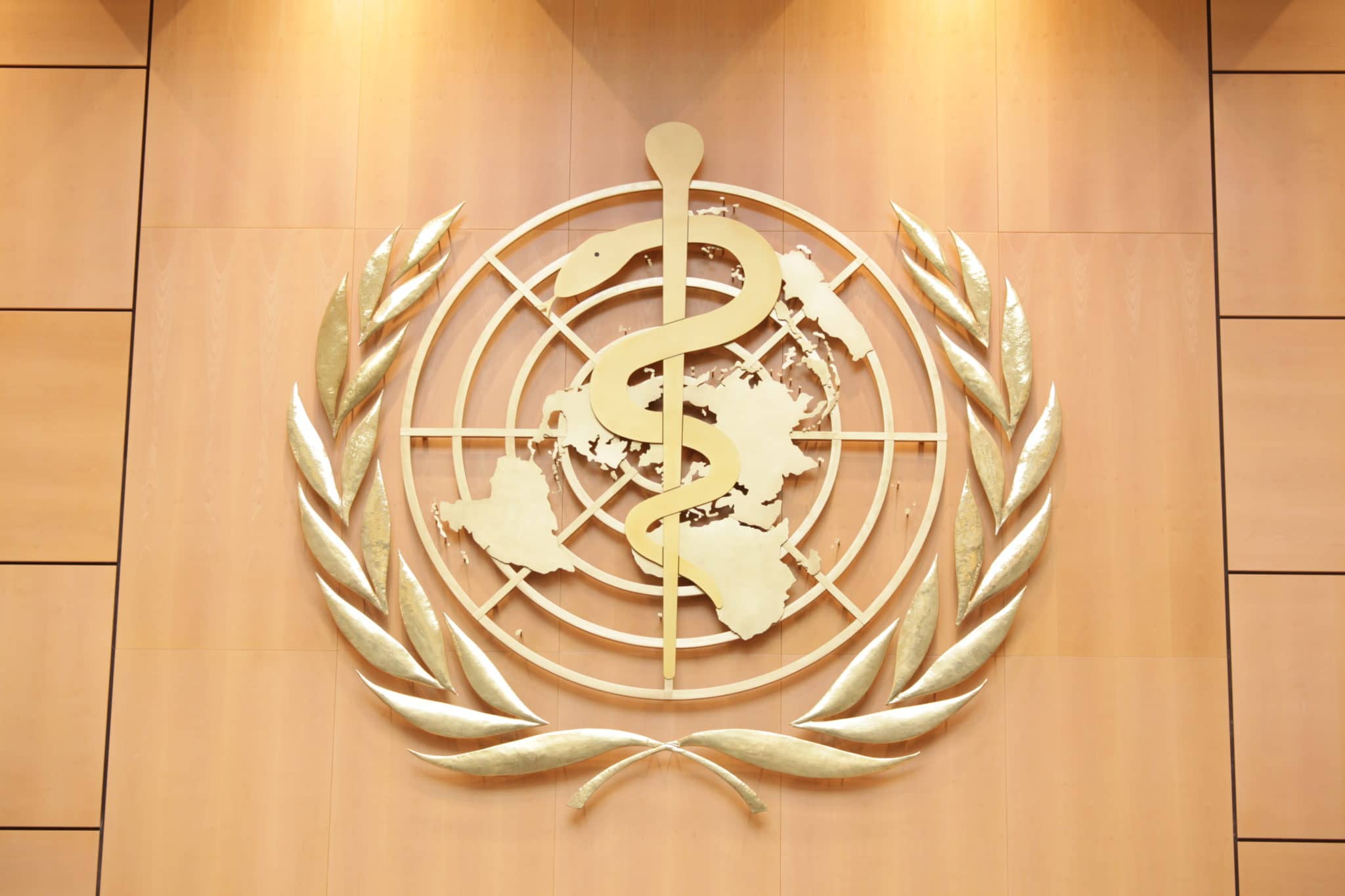On July 27, the World Health Organization (WHO) released its eighth report on the global tobacco “epidemic,” highlighting the “need to tackle threats posed by new nicotine and tobacco products.”
Amid a series of ominous tweets—including one featuring a toy duck wearing a “VAPE ON” hat and another with an e-cigarette used as bait in a mousetrap—the agency emphasized that “countries around the world are making progress in the fight against tobacco but some still need to address new products such as e-cigarettes.”
“Nicotine is highly addictive,” Dr. Tedros Adhanom Ghebreyesus, the director-general of the WHO, said in a press statement. “Electronic nicotine delivery systems are harmful, and must be better regulated. Where they are not banned, governments should adopt appropriate policies to protect their populations from the harms of electronic nicotine delivery systems, and to prevent their uptake by children, adolescents and other vulnerable groups.”
The report, funded by Bloomberg Philanthropies, is targeted at countries that are part of the WHO’s Framework Convention on Tobacco Control (FCTC). Adopted in 2003, that treaty currently includes 182 parties, covering over 90 percent of the planet’s population. Its principal guidelines are known as MPOWER: “monitor tobacco use and prevention policies”; “protect people from tobacco smoke”; “offer help to quit tobacco use”; “warn people about the dangers of tobacco”; “enforce bans on tobacco advertising, promotion and sponsorship”; and “raise taxes on tobacco.”
The FCTC was drafted before the advent of vaping. Yet the WHO appears to want to apply those measures to nicotine products across the board—with no differentiation between combustible cigarettes, the world’s number one cause of preventable death, and safer alternatives like vapes and oral tobacco products.
This strategy tends to translate to the WHO advocating for, if not outright prohibition, regulatory policies that will render less-dangerous alternatives to smoking obsolete—especially in low- and middle-income countries (LMICs) that are more susceptible to philanthropic influence, and where a majority of nicotine users live.
However ill-conceived, the agency’s latest anti-vaping position does not come as a surprise. The WHO has taken this stance—over and over—in the past and seemingly continues to ignore the evidence against it. Though it incorporates “harm reduction strategies” in its definition of “tobacco control,” the WHO has been unwilling to accept the expert opinions of a growing number of academics and scientific bodies—like the United Kingdom’s Royal College of Physicians and the United States’ National Academies of Science, Engineering, and Medicine—that vaping is significantly less harmful than smoking.
“Disturbingly, WHO continues to ramp up its efforts to destroy the one version of harm reduction whose potential far surpasses that of all others to reduce illness and save lives globally,” Cliff Douglas, the director of the University of Michigan Tobacco Research Network and the American Cancer Society’s former vice president for tobacco control, told Filter.
“Rather than acknowledge the potential of alternative nicotine-delivery products to reduce morbidity and mortality within a thoughtful regulatory regime,” he continued, “WHO continues to take a short-sighted, unscientific approach that appears to dismiss the legitimate concerns of millions of adult smokers across the globe who have been unable to quit smoking by other means.”
“They have rented WHO as a mouthpiece for their anti-scientific and unethical ideas.”
Tobacco harm reduction (THR) advocates and organizations immediately condemned the WHO, many of them citing Michael Bloomberg’s money, involvement and abstinence-only approach as the major reason for the agency’s obduracy.
“This World Health Organization report, bought and paid for by one biased prohibitionist white American billionaire, further erodes the WHO’s legitimacy and relevance in global public health,” Charles Gardner, the executive director of INNCO, a global nonprofit that supports the rights and well-being of adults who use safer nicotine, told Filter in a similar statement. “Would we allow a WHO report on vaccines to be funded by one individual anti-vaxxer? Would we allow a UN report on climate change to be funded by a climate change denier? No. So how is this OK?”
It’s not. Since the last time the agency asserted this sort of opinion, ahead of No World Tobacco Day in mid-May, the UK’s National Institute for Health and Care Excellence (NICE) published new draft guidelines urging health care professionals to provide clear information for smokers wishing to use vapes to quit cigarettes; Health Canada, the agency responsible for the country’s health policy, admitted a flavored vaping ban in the nation would likely increase smoking; and a study in JAMA Pediatrics found that after San Francisco’s ban on flavored vapes and tobacco products, teens in the city’s high schools were more likely to take up smoking than teenagers in other US school districts.
“You can’t get beyond the opening pages of this dreadful report without encountering activist talking points, false or misleading statements, and really poor policy ideas targeted at vaping and other low-risk alternatives to smoking,” Clive Bates, a tobacco control expert and the former director of Action on Smoking and Health (UK), told Filter. “The Bloomberg operation is now doing more harm than good with its founder’s money. They have rented WHO as a mouthpiece for their anti-scientific and unethical ideas.”
Photograph by United States Mission Geneva via Flickr/Creative Commons 2.0
Both INNCO and The Influence Foundation, which operates Filter, have received grants from the Foundation for a Smoke-Free World.




